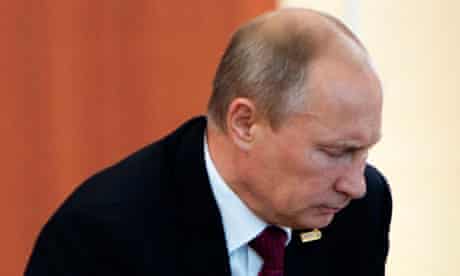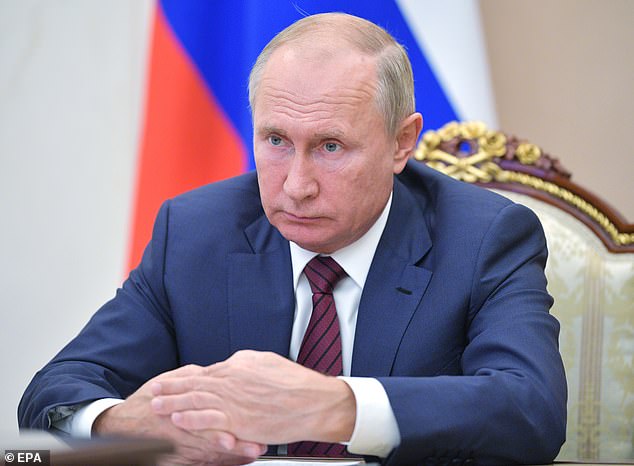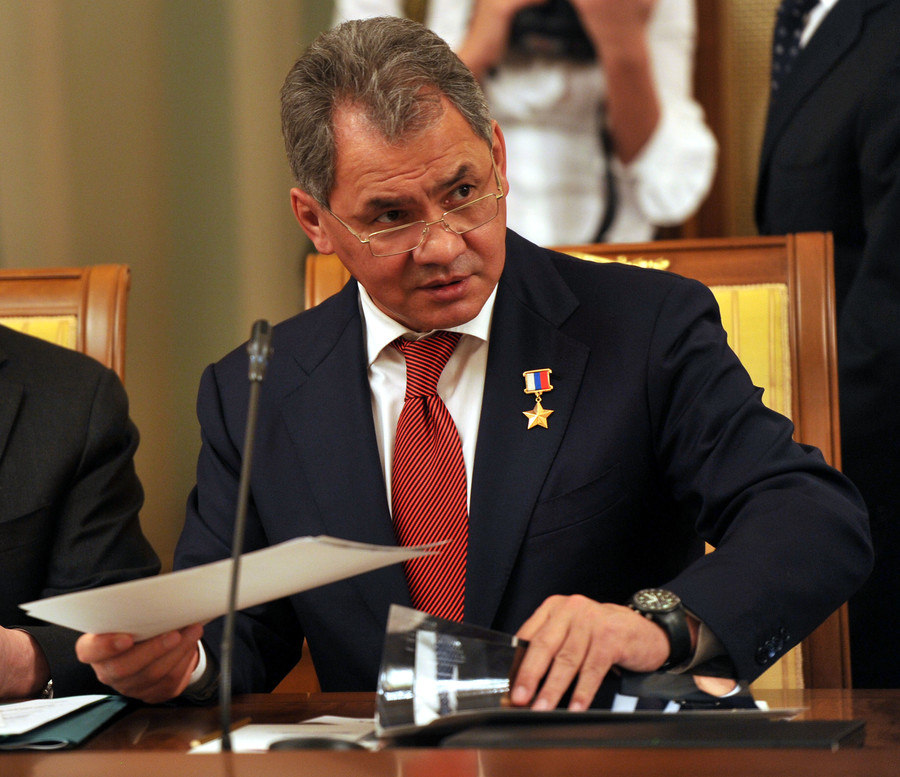Russian President Vladimir Putin’s recent move to go on self-isolation, allegedly due to certain people from his entourage having contracted COVID-19, may be associated with something beyond mass fraud in Russian parliamentary elections. Throughout his 20 years in power, Putin from time to time went low-profile amid major scandals, such as the Kursk submarine tragedy (2000), the assassination of opposition’s Boris Nemtsov (2015), and a devastating blow to Russia’s Wagner PMC in Syria (2018).
This could also be about the need for the president to undergo certain medical procedures to conceal visible symptoms of his deteriorating health.
Suspicions of Putin suffering from a progressive Parkinson’s disease, as initially reported by The Sun in November 2020, are getting stronger amid the ever increasing incidence of certain psychological and neurological symptoms surfacing during public events. Also evident is that the long-time leader has lost control of domestic squabbles and fight for power between the country’s security agencies.
Putin’s public appearances where he is rather slow in his cognitive reaction are becoming more common. Sometimes certain signs of dementia are being observed, although they can also be associated with right hemisphere damage. This explains his latest childish humor and confabulation manifestations.
According to some Russian news outlets affiliated with the military, Putin may be suffering from spinal issues, perhaps as a result of previous injuries. These issues, sources claim, are forcing Putin to take stronger painkillers that could affect his mental and psychological capacity. Indirectly confirming the spinal issues theory are convulsive leg movements rather frequently observed over the past 10 years. However, such symptoms may also be associated with vascular problems.
Putin once admitted that his father had suffered from cancer-related heavy back aches. So it’s likely that the president’s spinal problems are of hereditary nature. Back in November 2012, Russia’s gazeta.ru online newspaper, citing Reuters, said Putin’s excruciating back pains were driving him to go for a major surgery. The Kremlin’s press service, however, dismissed the rumors. In less than two years, in January 2014, a report by The Week claimed Putin had spinal cord cancer.
In an interview with Reuters, Belarusian leader Alexander Lukashenko also admitted that his Russian counterpart had some back issues, at the same time claiming they were due to sports-related injuries.
As he walks, Putin’s right-hand swing amplitude is smaller than that of his other hand, which may be a sign of some neurological disorder at an early stage.
The video of Putin attending a military exercise shows his delayed reaction, which is far from being as lively as it used to be during similar appearances in the past.
The video of Putin’s speech delivered in July 2021 shows both delayed reaction and recollection issues, as well as crippled expression of thoughts, which is in sharp contrast with his usual addresses.
In this speech, Putin is emotional and quick-witted. In the video from Putin’s vacation with his defense chief Sergey Shoygu, the president’s slow reaction is once again apparent. This could be due to him taking certain medication.
Thus, oncological drugs can inhibit certain mental processes, leading to similar symptoms. The effects of taking strong medications can also explain a sharp change of Putin’s condition – from inhibition to norm. It is known that analgesics (opioid group), prescribed to cancer patients, could spark paranoid ideas, apathy, and depression, all manifested in delayed reaction.
However, the symptoms of a neurological nature have become more pronounced over time. If the trend prevails, it will be impossible to further conceal them in 2023-2024, the period when the so-called controlled power transfer is set to be carried out in Russia.
There is no doubt that health issues determine Putin’s behavior and decision-making style. In addition, any significant shifts in the leader’s condition will intensify domestic political infighting between those competing for power. It is expected that business elites from Putin’s entourage will be seeking support among influential groups in the security agencies.
The government is expected to be able to keep the mounting problems under the rug until early 2023. The bad health scenario will be ultimately confirmed if Putin’s isolation episodes will become more frequent and the situation will be getting out of hand during public events he attends.
At the same time, it is more likely that a certain share of decision-making will be handed to certain groups of influence, which in turn could lead to the situation spinning out of control as the real decision-making centers will be hidden from public eye therefore the stakes will be raised. This means the number of Russia’s aggressive operations may increase until power transfer is complete.
Given the risks of such developments, it may be appropriate to start negotiations on a peaceful transfer of power with the senior security officials known for a more loyal stance toward the collective West, such as the intelligence chief Sergey Naryshkin or FSB boss Alexander Bortnikov. Otherwise, Defense Minister Sergey Shoygu is most likely to take the helm, isolating Putin and monopolizing all power in the country based on his own presidential ambitions.







Pingback: Sebaizolácia nie je náhodná: Inštitút Roberta Lansinga odhalil Putinov zhoršujúci sa zdravotný stav a nevyhnutné dôsledky pre krajinu - InfoDnes.sk
Pingback: RLI: Zhoršující se Putinův zdravotní stav vyostří boj o politickou moc v Rusku - Aktuální zprávy